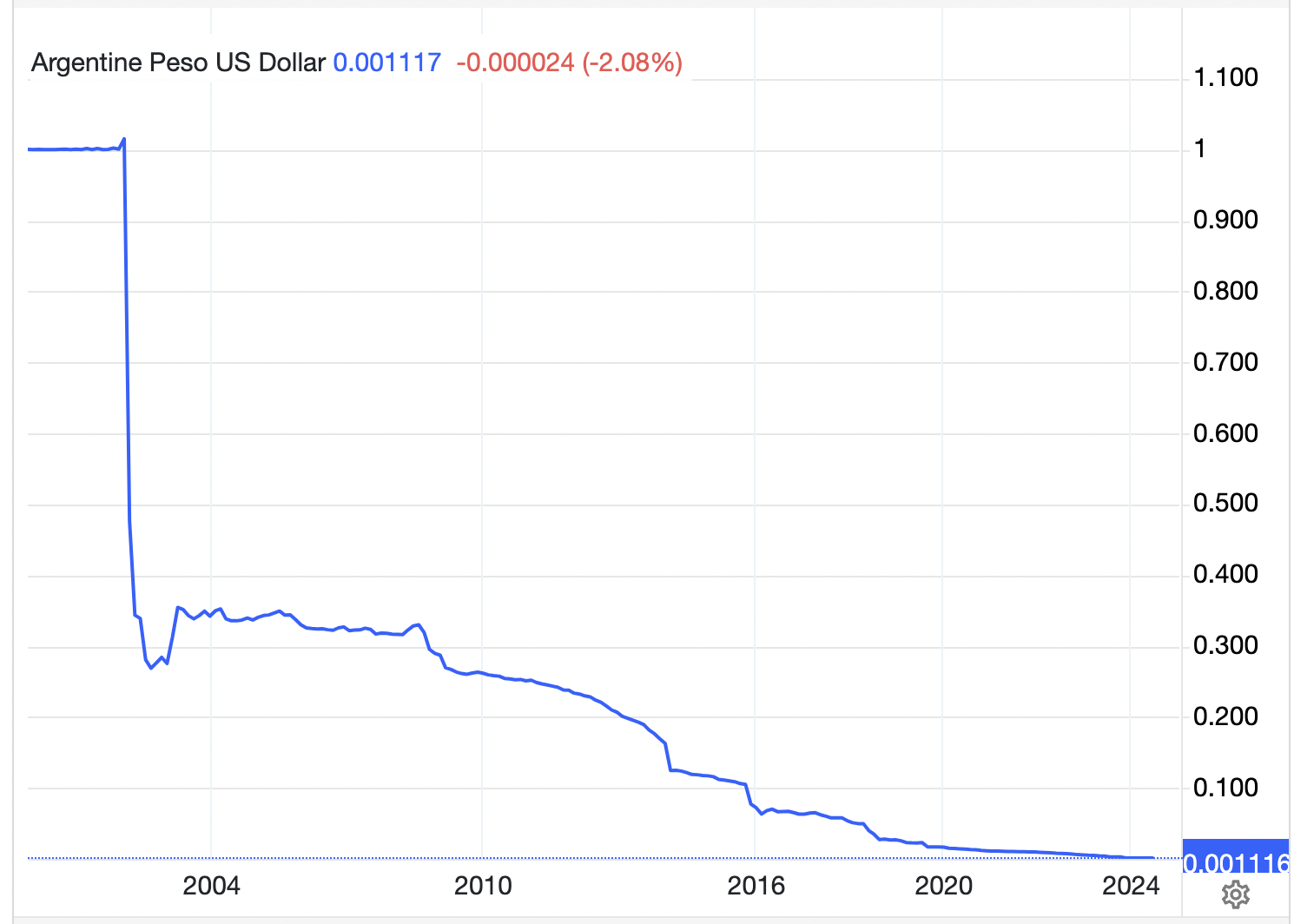India is looking to create an extensive global database covering all crypto exchanges, including those operating on the dark web. This database aims to enhance the capacity for detecting cryptocurrency-related crimes. The launch of this initiative is projected to occur by the end of the current fiscal year, expected in March 2024. The effort is a pivotal component of India’s broader strategy to assert its position as a significant player in the global regulation of cryptocurrencies.
India is looking to curb illicit crypto use
The global database of cryptocurrency exchanges is expected to play a crucial role in providing vital information about cryptocurrency assets. That will empower law enforcement agencies such as the Enforcement Directorate (ED), the Income Tax Department, and the Central Bureau of Investigation (CBI) to enhance their ability to track and monitor the use of cryptocurrencies in illicit activities, including money laundering.
The Organisation for Economic Co-operation and Development (OECD) recently introduced the Crypto-Asset Reporting Framework (CARF) to collect tax-related data on cryptocurrency transactions. Notably, India’s proposed exchange database will encompass information about cryptocurrency exchanges operating within the dark web.
Officials from the Financial Intelligence Unit (FIU) have disclosed that India is actively seeking cooperation from other nations to gather additional intelligence on these covert exchanges. It was pointed out that while most countries were willing to share information, tax havens were more hesitant.
According to the FIU, between 2019 and 2021, cryptocurrency worth approximately Rs 28,000 crore ($3.3 billion) was involved in drug-related transactions.
A senior official from the Financial Intelligence Unit has disclosed that they are on track to have the comprehensive global crypto exchange database operational by the end of this fiscal year, providing a valuable resource for enforcement agencies worldwide.
India is increasingly embracing crypto regulations
India’s push for a cryptocurrency database aligns with the G20 leaders’ consensus on establishing a global framework for crypto regulation. In August, G20 leaders proposed adopting the Crypto Asset Reporting Framework (CARF) introduced by the OECD. CARF serves as a transparent worldwide tax framework that facilitates the sharing of information about cryptocurrency assets among countries.
India has made significant strides in the cryptocurrency industry, earning recognition from entities like Chainalysis as a frontrunner in global crypto adoption. Moreover, the country ranks as the second-largest cryptocurrency market in terms of transaction volume.
However, this surge in crypto adoption has led to an increase in associated criminal activities. In response, Indian authorities are intensifying their efforts to implement regulatory measures. During the G20 summit, Indian Prime Minister Narendra Modi expressed support for establishing a global framework for cryptocurrency regulation. Similarly, in their efforts to combat crypto-related crimes, Indian authorities have introduced a Crypto Intelligence and Analysis Tool designed to monitor cryptocurrency transactions on the dark web.
Beyond its primary role in assisting law enforcement, India’s efforts in crypto regulations are also expected to benefit a wide range of agencies. It will support organizations such as the ED and the Central Bureau of Investigation (CBI) in pursuing money laundering cases.
A lack of clear regulations has exacerbated India’s struggle to curb cryptocurrency-related fraud and crimes. However, the central government is now taking steps to address this issue by reevaluating its stance on cryptocurrency regulations.





